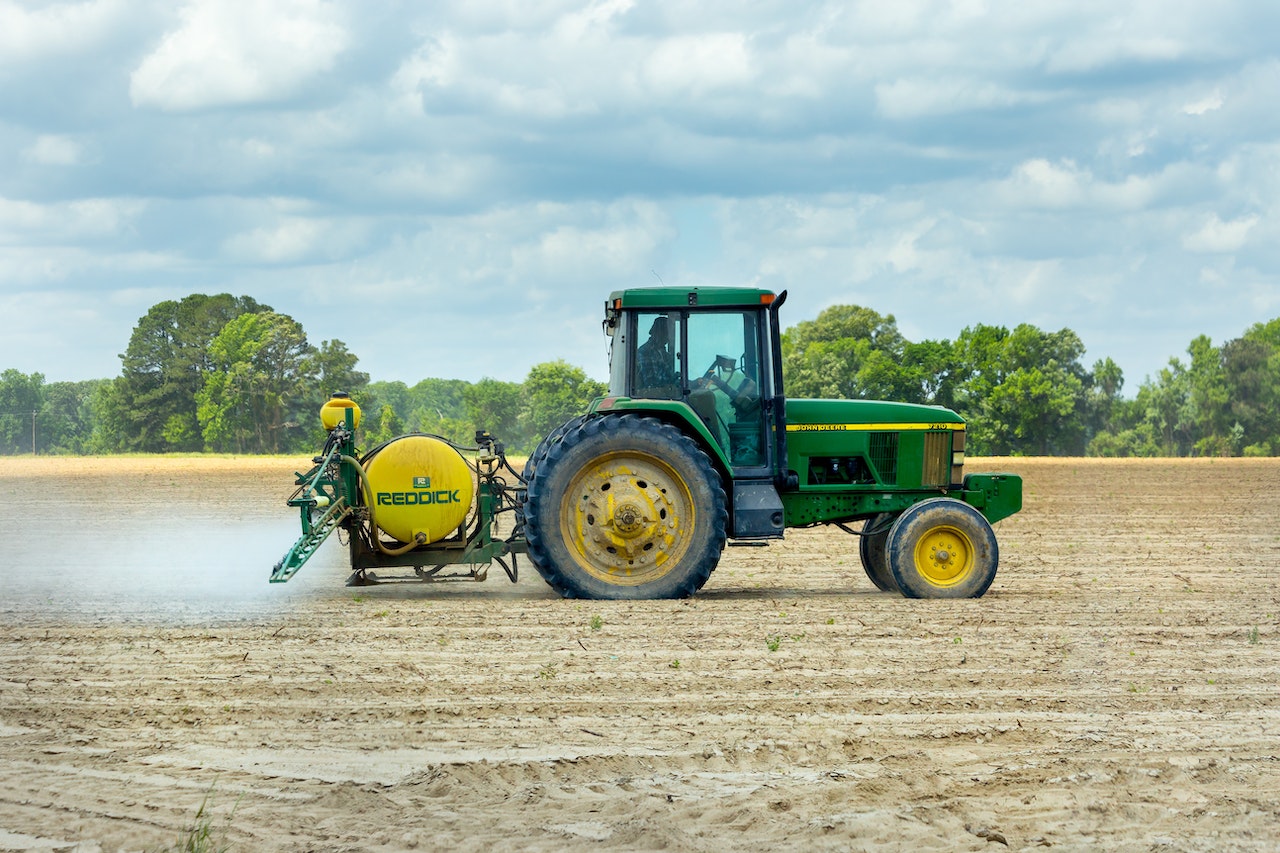
While diesel and gasoline both originate from petroleum, they have unique properties that make their applications different. Diesel is the preferred choice for heavy machinery, while gasoline is mostly used for light vehicles.
The main differences between diesel fuel and gasoline stem from factors such as fuel efficiency, durability and power.
Diesel is a combustible liquid obtained from the distillation of crude oil. The fuel is characterized by a range of properties, including:
Diesel is used in buses, trains, delivery trucks, and farm and construction vehicles. It also powers some light vehicles, such as diesel engine cars. It is used in most heavy-duty equipment in industrial settings and in diesel-engine generators that produce backup power and electricity in remote areas.
Diesel fuel comes in various grades rated by cetane numbers, which indicate how easily the diesel ignites and how fast it burns.
Gasoline is a mixture of flammable hydrocarbons refined from petroleum. The fuel is made through the process of fraction distillation, which involves the breakdown of crude petroleum into volatile and valuable fractions.
Gasoline is used as fuel for a large portion of cars for a few reasons. It’s a necessity for running internal combustion engines, and it has the ability to mix with the air in the carburetor. Beyond fueling applications, it can also be used as an organic solvent for oils and fats.
Retail gas comes in three main grades, which vary by octane rating. This rating measures the resistance of the gasoline to the knocking that occurs during the combustion process when the fuel mixture fires off prematurely.
Diesel and gasoline both start off as crude oil that’s mined from the earth. The differences between them, including their uses, begin with the refining process.
Gasoline is more refined than diesel, making it less dense and faster to burn. Diesel fuel is thicker with more energy density, and it evaporates slower than gas. As a result, diesel is preferred for heavy machinery use because it produces more energy. Gasoline is favored for light vehicles because it produces more horsepower for higher speeds.
Both diesel and gasoline fuel use internal combustion to produce power, but different processes for each type of fuel ultimately affect their efficiency. Gasoline requires the use of a spark plug to create combustion, while diesel uses a system called compression-ignited injection. The process involves vaporized diesel fuel moving to the combustion chamber and igniting at a high temperature. The high compression ratio in diesel engines allows them to be more fuel-efficient than gasoline.
Diesel and gasoline can be used in similar or differing applications. Depending on specific needs, each has its advantages and disadvantages that make it more suitable for certain uses.
Diesel offers many benefits, including:
While diesel has its advantages, it also has a few downsides:
Gasoline is preferred by many because of the following advantages:
Gasoline also features a few drawbacks, including:
Diesel and gasoline have their own unique appeals. Each fuel type can be suitable for various industries depending on your needs. Industries such as construction, marine, waste management and agriculture typically rely on diesel to power equipment, trucks and other heavy machinery.
Other industries, including food manufacturing, municipalities, schools, retail and commercial real estate, use more equipment powered by gasoline. Some industries may use both fuel types depending on the application.
At Shipley Energy, we strive to provide businesses with fuel solutions that suit their needs and their budgets. Whether you need diesel or gasoline, we offer a range of energy-efficient options — including low-sulfur diesel and natural gas. Contact us today to learn more about our fuel options.